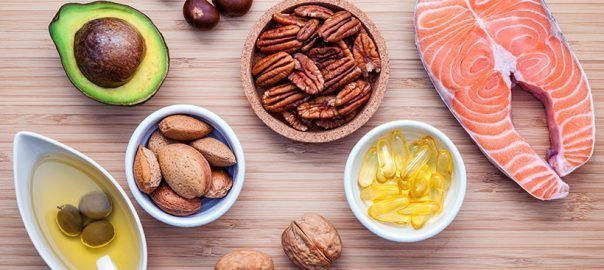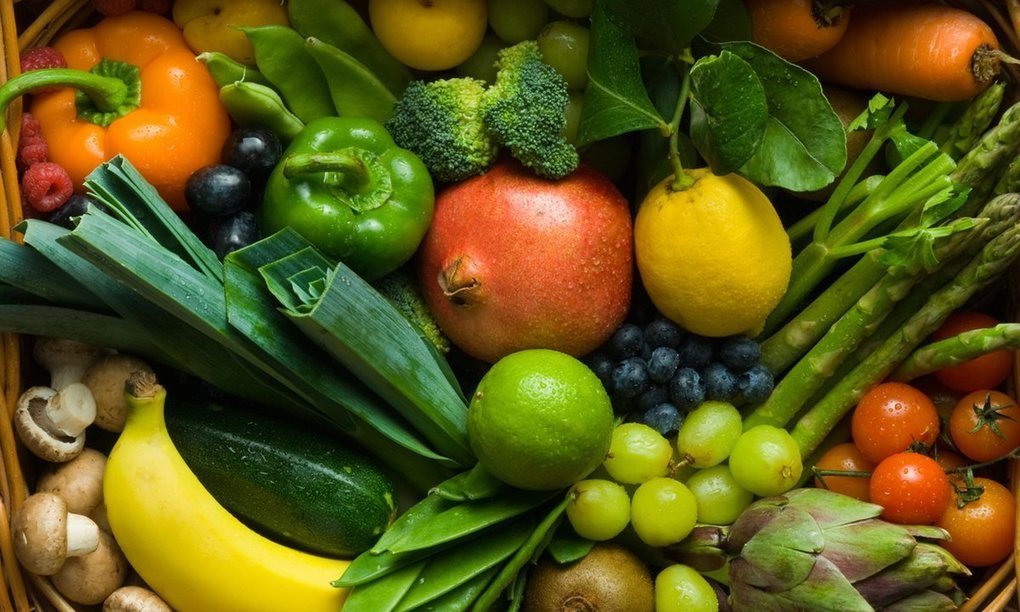Are you short of ideas for festive meals? Try some recipes that replace unhealthy fats with good ones such as omega-3 fatty acids. These unsaturated fatty acids are essential for proper functioning of our bodies. They act as energy reserves and intervene in the production of certain nutrients by the body. Omega-3 fatty acids can be found in various foods.
Shrimp: Shrimp is rich in EPA and DHA which are polyunsaturated fatty acids that belong to the omega-3 family. Shrimp is also one of the best sources of protein and contains essential amino acids. To maximize the benefits of shrimp, choose a healthy cooking method like steaming, baking or poaching. Shrimp can be accompanied by raw or steamed vegetables for a nutritious meal.

Sardines: This fish is rich in fat and is an excellent source of omega-3. Sardines have a strong taste and are very simple to prepare. Grilled or pickled, this fish will bring freshness to your dishes. If sardines do not tempt you, you can choose from other oily fishes such as salmon, mackerel, anchovies or herring.

Lamb’s Lettuce: This plant is naturally rich in omega-3, is an excellent source of ALA, and has 200 to 360 mg of omega-3 per a 100-g serving. The lamb’s lettuce can be served as a salad with very little seasoning. You can also opt for green vegetables such as spinach or lettuce that are just as rich in omega-3.

Eggs Enriched with Omega-3: Made naturally by adding flaxseed to the chicken’s diet, these eggs are rich in omega-3. Eggs are equally healthy when poached or hard boiled, or cooked in a healthy oil.





